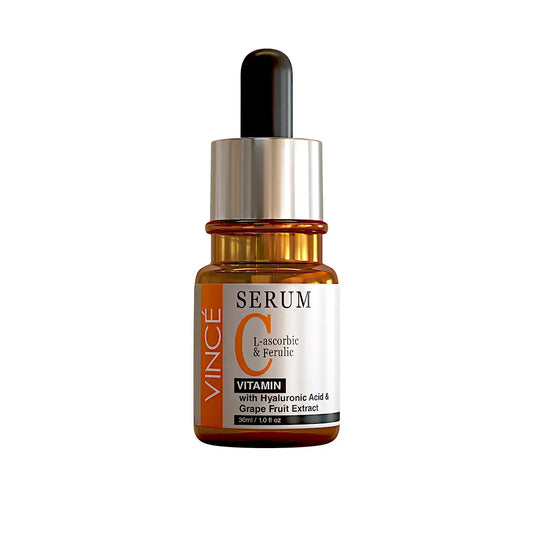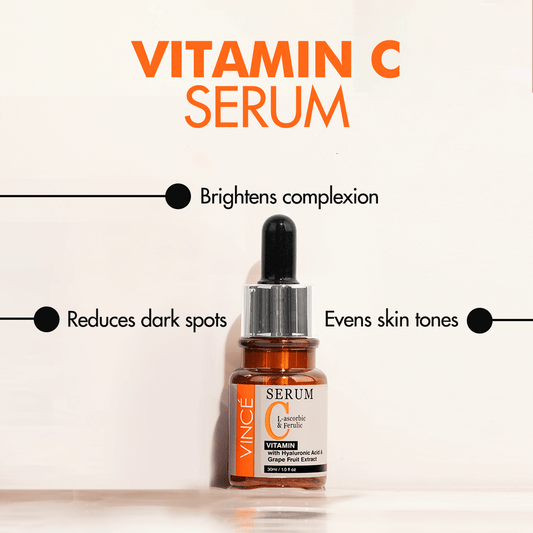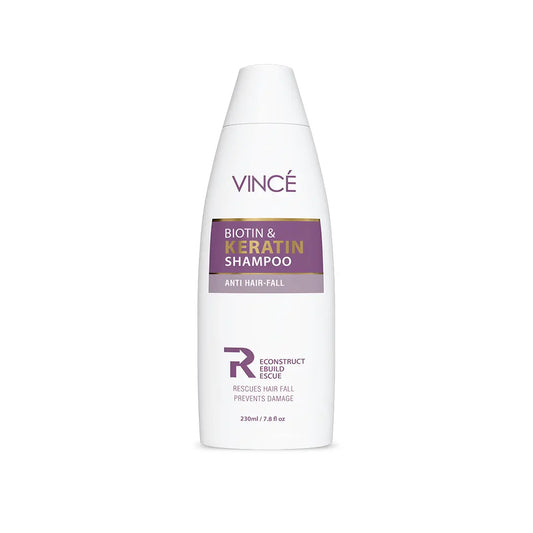Causes of Damaged Skin Barrier and How to Fix it?

Our skin is a complex but delicate organ. It consists of many layers to protect our bodies from external environmental pressures or microorganisms. To keep our skin healthy and functioning normally, our skin is equipped with a barrier layer or what is commonly called a skin barrier.
If you want to know more about the causes of the damaged skin barrier, read the whole article, how to keep it healthy, how to prevent bad skin blockage, and what to do when it is damaged unintentionally.
What Is The Skin Barrier?

Our skin barrier is part of the upper layer of our skin called the stratum corneum.
The lipid interface contains free fatty acids, cholesterol and ceramides.
As a result, it retains our skin's moisture and prevents allergens from entering and causing irritation.
The skin barrier is the outermost layer or epidermis. This layer of skin provides a waterproof barrier that acts as a protector for the skin. Our skin barrier comprises lipids (oils) that bind our cells together.
The Signs of a Damaged Skin Barrier
If your skin has been feeling weak for a long time, you may be wondering if a lousy skin barrier can be the culprit.
When your skin barrier is not working correctly, you may be at higher risk of developing the following skin symptoms and conditions:
- Dry, scaly skin
- Itchiness
- Rough or discolored patches
- Acne
- Sensitive or inflamed areas
- Bacterial, viral, or fungal skin infections
Causes of Skin Barrier Damage
Our skin barrier can be affected for many possible reasons. When it breaks down, the tightness between the skin cells disappears.
It allows the external itch to enter our skin very quickly and leads to more water than our skin. The lousy skin barrier is easily characterized by irritation, dehydration and flaky skin.

Is this sound familiar to you? When they are out of the blue, your skin barrier may be damaged.
Before we discuss how to deal with it, it is best to find out the root cause, as some of it may be due to our own skincare mistakes that we may prevent in the future. Here are some common causes of skin damage:
Common external causes of bad skin can vary from our basic routine to environmental factors, such as:
- Over Washing
- Excessive Exfoliating
- Pollution, Dry Air Quality
- Stress and Lack of Sleep
- Genetics
- Aging
1. Over Washing
Excessive exposure to water and a harsh cleanser can cause severe skin irritation. It can remove the natural lipid barrier on our skin.
So instead of protecting your skin from dirt and grime, it can damage the skin's first protective layer, which provides the most protection.
2. Excessive Exfoliating
With more types of exfoliating products on the market and the tendency for immediate relief in your skincare routine, excessive exfoliating has become commonplace recently.
When you exfoliate your skin excessively, you are removing unwanted dead cells from the top layer of your skin and the active skin barrier that is there to protect you.
Always be careful when using your exfoliating products and notice any differences in your skin. It allows you to stop it if you need to.
3. Pollution, Dry Air Quality
Research has shown that dry air and pollution can affect the skin barrier layer. Thus, people are widespread to experience sensitive and itchy skin when air quality is bad.
Therefore, people limit outdoor activities during polluted weather by wearing protective masks and clothing outside.
In addition, always use an air purifier in your living space to keep the air clean. It will benefit your skin and also your health in general.
But these are the best ways to protect skin barrier layers and make skin moisturized.
4. Stress and Lack of Sleep
Research shows that lack of sleep or rest can damage your skin barrier and lead to transdermal dehydration. So get more rest, sleep and protect your skin barrier.
5. Genetics
Although it is out of our control, some people (both men and women) have a genetic component of the skin barrier. They lack the production of any of the interrelated ingredients needed for healthy skin barrier work.
We usually see it in people with atopic dermatitis or eczema. However, we can follow wholly safe and healthy skin care habits to prevent them from getting worse.
6. Aging
Unfortunately, as we get older, our skin barrier weakens. As a result, it is not uncommon for people to experience dry and more sensitive skin as they age.
Are you suffering from the problem of loose skin? Do you want to know the exact solution to this problem, and what methods are helpful in this regard? . Here, you get solution of your saggy skin issue. Many cosmetics companies sell their products by claiming to tighten and firm the skin, but do they work? How can we know which product will be more genuine and result-oriented to help maintain skin's firmness and suppleness and remove your face's wrinkles and aging signs?
How to Repair a Damaged Skin Barrier?
So once that happens, what do you do next? Here are some tips on each step and what to do when your skin barrier is damaged.
- Limit the Frequency and Time to Wash Your Face
- Stop Exfoliating For a While
- Moisturize Your Skin
- Don't Try New Skin Care Products
- Keep Your Skin Care Routine Simple
1. Limit the Frequency and Time to Wash Your Face
Although water is essential to keep our skin functioning and hydrated, it can further dry out and damage our skin.
Therefore, wash your face only once or twice a day with lukewarm water and mild and low pH cleansers that will not increase the damage to the lipid barrier on your skin.
2. Stop Exfoliating For a While
With a compromised skin barrier, stop exfoliating. It will allow your skin to regenerate its skin barrier.
Then, once all the symptoms have subsided, you can slowly begin incorporating exfoliation into your routine.
3. Moisturize Your Skin
The most important part of your skin is the skincare routine, especially during this time. Returning hydration alone will not do as much as evaporating through the skin's poor moisture barrier.
Therefore, it is essential to turn it off with your moisturizer. When your skin is losing more water than usual, all you want to do is keep as much water in your skin as possible.
Ingredients such as Ceramide, Niacinamide, Panthenol and fatty acids are great for keeping your skin barrier happy and healthy.
4. Don't Try New Skin Care Products
Although your skin is not at its peak, it is not good to try new products as your skin is irritated and may react to new products.
In addition, the ingredients are more likely to irritate your skin and increase swelling. Therefore, avoid trying new products during this period.
5. Keep Your Skin Care Routine Simple
Yes, always stick to the basics. It will reduce the chance of irritation on your already irritated skin. The measures to maintain a healthy skin barrier at its lowest level are Cleanses, Moisturizers, and Protects.
With some tips, you can take to begin the process of preparation for mediation. Any extra hydration from skin toner or serum is a bonus, but make sure you are familiar with your current serum.
Do you have combination skin? You must have many questions about your skin type, the causes of combination skin, how we can deal with it. Then you must check this amazing guide about combination skin. Although summer is a season with many great things and different opportunities that you can only enjoy this season, there are also some unusual things attached and associated with summer, and combination skin is one of them.
Conclusion
The outermost layer of skin is called the stratum corneum. It is often described as a brick wall. It consists of complex skin cells called corneocytes attached to mortar-like lipids. It is a blockage of your skin.
Your skin barrier is important for good health, and it needs protection to function correctly.







